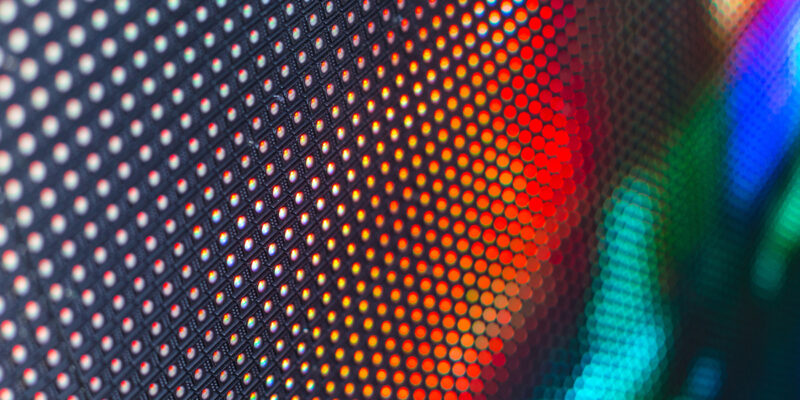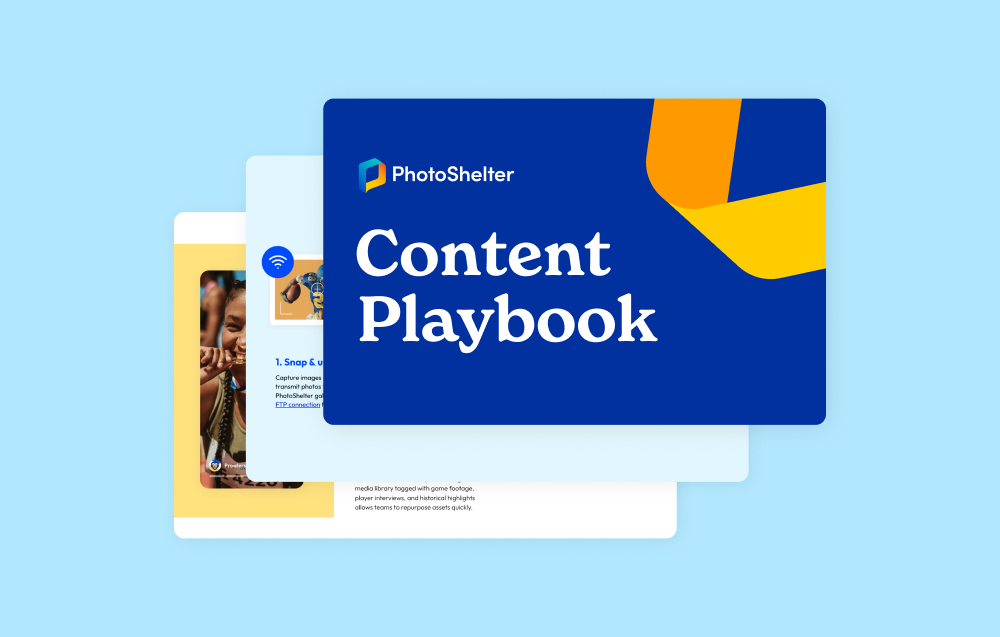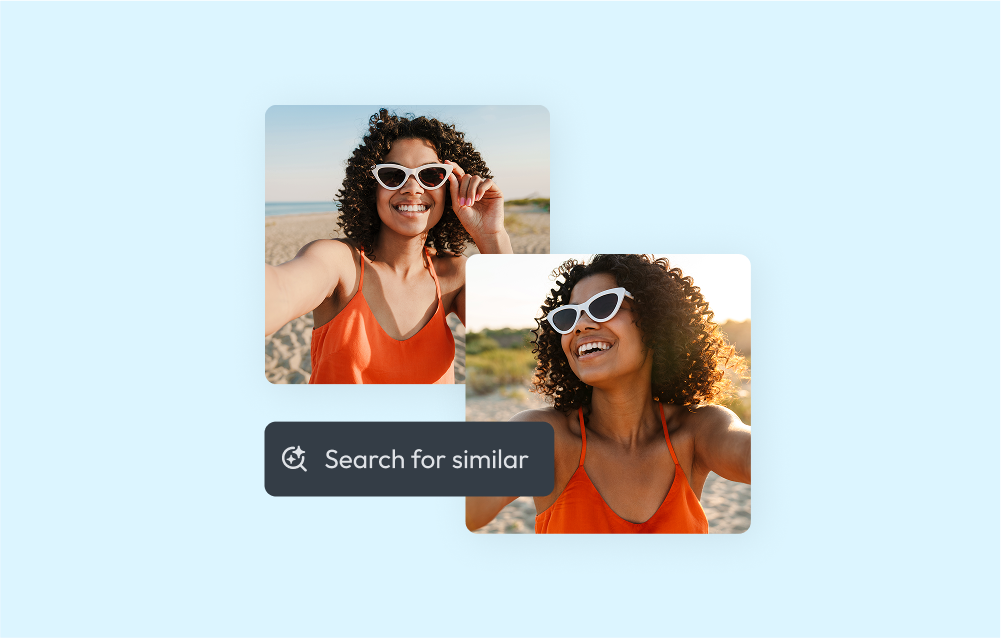Artificial Intelligence is changing the game for creative professionals, and it’s all happening at lightning speed – bringing both exciting possibilities and considerable challenges to many industries.
At PhotoShelter, we’re keeping tabs on the latest news and staying up to date with how AI is impacting the lives of photographers, designers, creative teams and more.
Michael Wells, PhotoShelter’s VP of Strategic Projects, has been hard at work on the AI front, dedicated to learning about recent advancements and working closely with our team to develop both impressive and ethically-sound solutions for our clients.
We sat down with Michael to discuss the ever-changing landscape of AI in 2023, current challenges, the future of necessary legal policies around AI, and more. Watch the on-demand webinar below or keep scrolling for the highlights.
The Positive Aspects of AI
The rapid advancements in artificial intelligence can be intimidating, but it’s important to know about the many positive use cases currently available and already set in motion.
AI-powered tools can automate repetitive tasks that used to eat up our time. We are seeing big leaps forward in how AI can streamline workflows so creatives can spend less time tagging photos, for example, and more time in the field doing what they love.
We are also seeing more broad, positive developments for society, including AI advancements that speed up and support medical research, detect natural disasters, and assist people with disabilities.
The Negative Aspects of AI
While the advancements in Generative AI appear to be quite exciting for image editing and post-processing purposes, it’s not as clean-cut and effective as it seems. In the example above, Michael demonstrates the apparent benefit of using AI to improve the resolution of an image. However, upon further examination, important details are lost and the image becomes a bit cartoonish compared to the original file. Attempting to fix the resolution resulted in the creation of a new, fabricated image.
Other examples of Generative AI appear to replace details entirely, effectively guessing what a real photo should include. Ethical dilemmas around AI-generated content, like deepfakes and automated news stories can also muddy up the truth. It’s a delicate situation that must be treated with care. And that’s where we come in.
Where PhotoShelter Stands
Artificial intelligence, and more specifically facial recognition, is more commonplace today than some may realize. We use it to unlock our phones, identify ourselves at the airport, etc. PhotoShelter uses facial recognition for some of our Advanced AI Tagging features, including PeopleID and RosterID, helping teams instantly identify and accurately label employees, faculty, athletes and more. We’re excited about the future of our AI solutions as we continue to fine tune and produce better tools for our creative community.
We believe AI is a powerful tool that can help creators, not replace them.
But we know the debate around artificial intelligence is not entirely black and white. We’re already taking the necessary steps to form an ethics board at PhotoShelter, so that we can provide users clarity around our AI models, proactively safeguard against any harm, and learn as we grow.
We are also getting involved with the Content Authenticity Initiative (CAI) so that our clients and customers can trust that we’re taking the right approach when it comes to AI – with stamps of approval, proper usage and authenticity baked into our product.
More information about those important initiatives coming soon!

When it comes to artificial intelligence, what are your thoughts? or
Tag us on social (@psforbrands) and let us know your take on the latest developments in AI. If you want to dig deeper into these highlights and watch the full webinar and Q&A, it’s now available on-demand.




